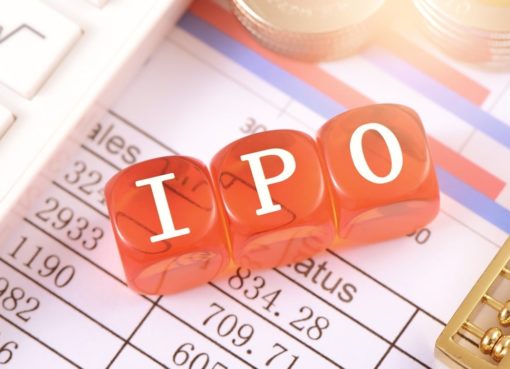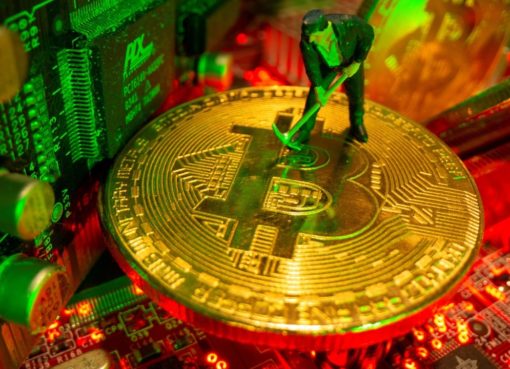A recent report revealed that altcoin trading in the South Korean cryptocurrency market was high, in contrast to majors like Bitcoin (BTC) and Ether (ETH) where trading activity has declined in comparison.
The number of South Korean investors was estimated to reach about six million in the first six months of 2023, a figure accounting for 10 percent of the South Korean population, according to a survey carried out by the Korea Financial Intelligence Unit, as reported by DeSpread Research.
Meanwhile, most of these investors use centralized exchanges (CEXes) for their trading activities, which explains the popularity of CEXes as against their decentralized counterparts.
In South Korea, there are four major cryptocurrency exchanges — Upbit, Bithumb, Coinone and Korbit — with Upbit being the country’s largest player at 80 percent, while Korbit’s market share is below one percent.
Despite the decline in trading volume on centralized cryptocurrency exchanges globally since March, South Korean major exchanges have managed to recover, with total trading skyrocketing to $37 billion in July, recording increased growth compared to Binance, the world’s largest crypto exchange.
The growth was mostly due to the court ruling in Ripple’s favor in its case against the US Securities and Exchange Commission. As previously reported by crypto.news, XRP is popular among the younger demographic of crypto traders in South Korea.
According to the report, altcoins seemed to form a major portion of the South Korean investor’s portfolio. According to the report, Bitcoin, Ether and Polygon, which dominate the global crypto market, recorded low trading volumes on Upbit.
“The majority of individual investors on Upbit show strong interest in altcoins with high profit potential and tend to accept the associated high risks. This is considered one of the reasons for the high proportion of altcoin trading in the Korean market.”
DeSpread Research report




